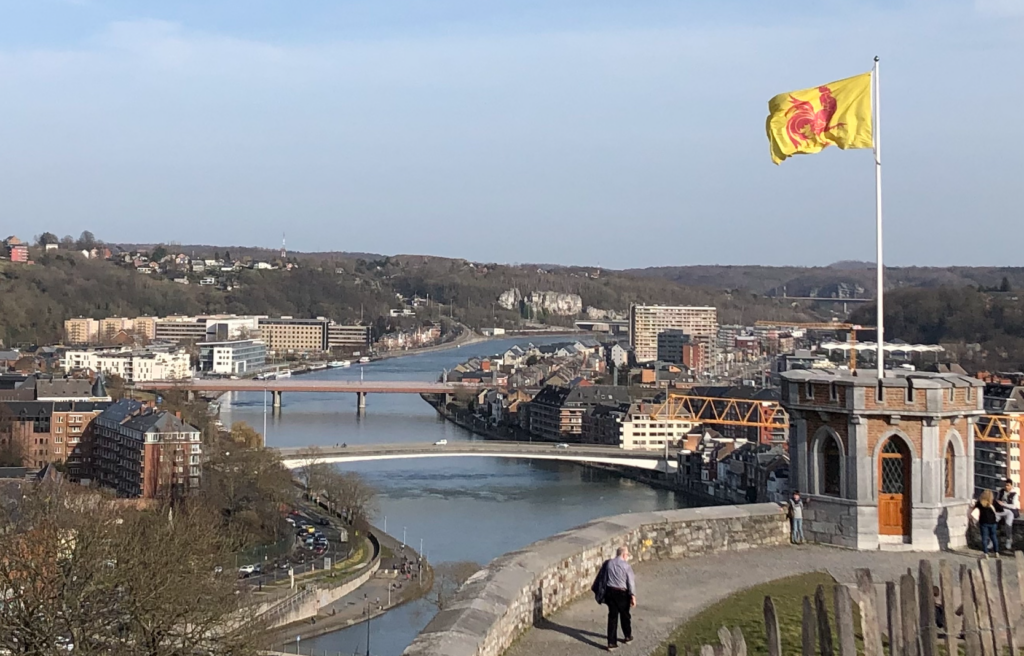The Government of Wallonia has launched a €2.5 billion recovery plan to get the region back on track by focussing on four key issues.
Eradicating poverty, conducting a strong economic and industrial policy, strengthening energy independence and transitioning to green energies, and increasing professional training are the four key focus points for the government, broken down into 42 Recovery Plan projects.
"These projects have been chosen because they are considered strategic, structuring and pivotal in terms of their potential for creating quality jobs, added value and a favourable impact on the environment and the climate," a statement from the government read.
The Walloon government, which developed the plan after lengthy discussions with trade unions and business representatives, is aiming to enable the region to respond to the numerous and ongoing social, economic and environmental issues, and to soften the impact of various crises, including the hike in energy prices.
The plan was originally due to be finalised in July 2021, when the region was hit hard by deadly floods, which resulted in the government mobilising part of the budget provided for in the recovery plan for the reconstruction of the affected areas.
Social emergency
Jean-François Tamellini, Secretary-General of the Walloon section of the General Labour Federation of Belgium (FTGB), told RTL that he believes the plan is a positive step forward for the region in light of the current situation many employees find themselves in.
Related News
- €2 million spent on 100,000 trees along Walloon roads
- Wallonia to test blood, urine of teenagers living near metal shredders
- Wallonia freezes €259 million in exports to Russia
“I meet workers and pensioners every day. They are not saying to me 'We're counting on you to put Wallonia back on its feet', it is not their main concern. Instead they tell me: 'There is a social emergency, we are drowning in energy bills. We're going on sick leave because we can't fill our tanks anymore'.”
Walloons contribute 28% of wealth creation at the Belgian level, and the population in the region represents 32% of the national share. Tamellini underlines how the 4% difference is what nationalists bring up when comparing the regions while also arguing that Wallonia is dependent on other regions.
“With these four cross-cutting projects, we can better control the fallout. Each time we create a quality job in Wallonia, we reduce the difference with Flanders, replenish the federal coffers and put an end to nationalist discourse."

